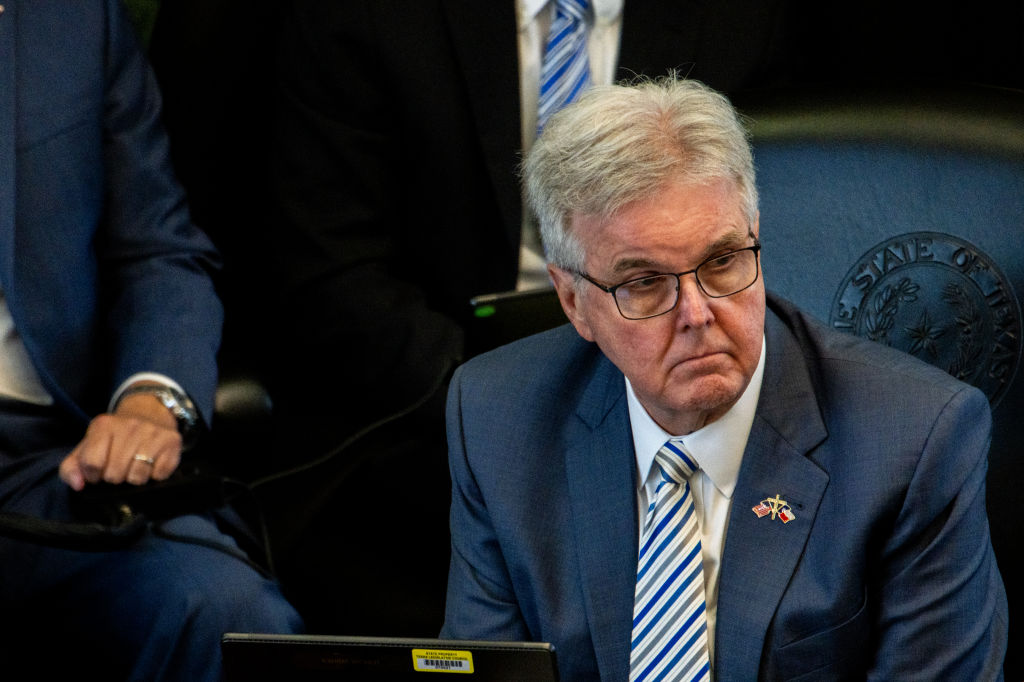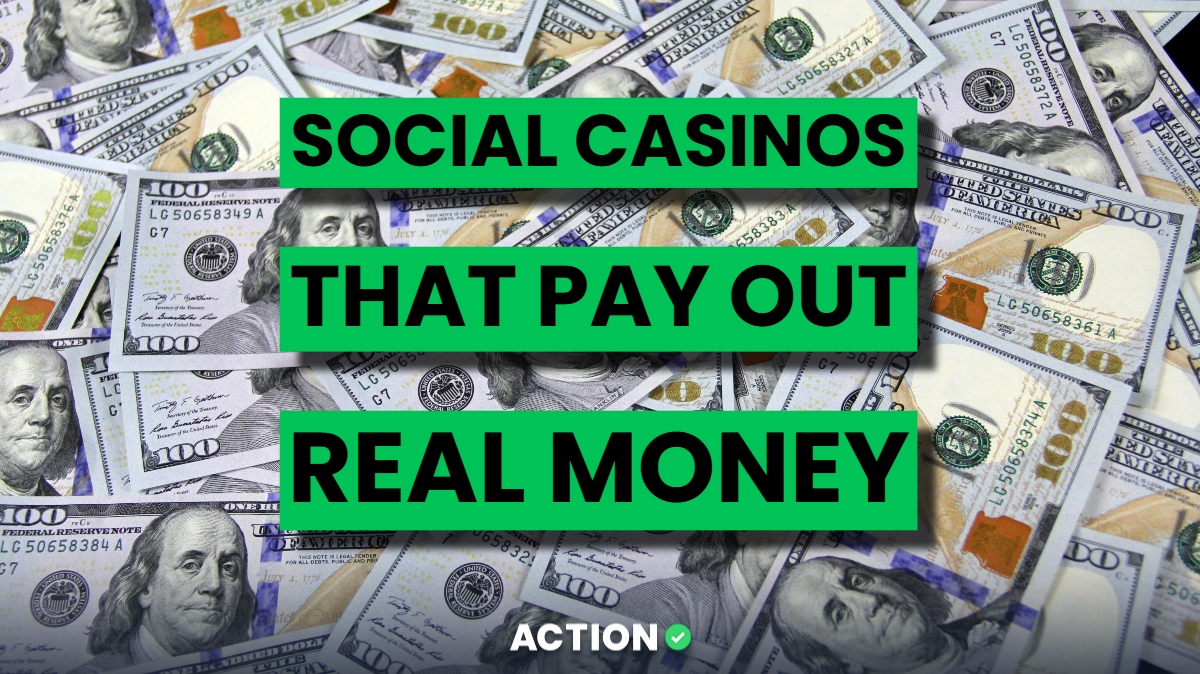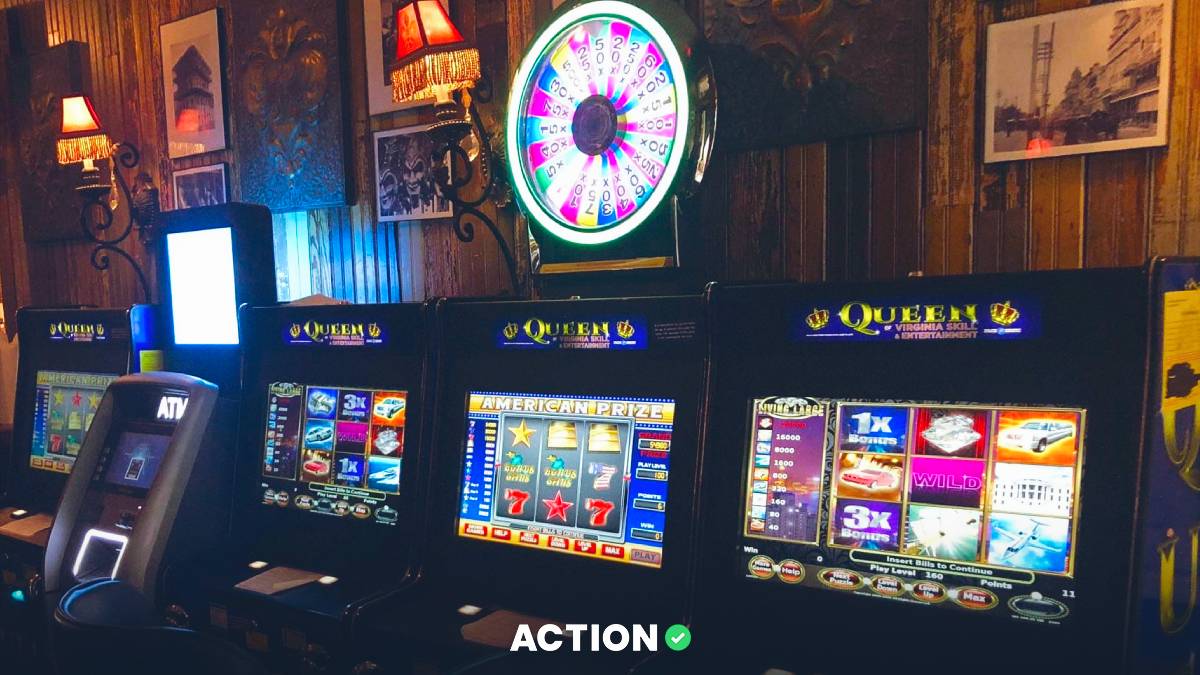If you’re wondering if the new legislative session will bring better chances for the legalization of casino gambling in Texas — don’t bet on it.
There are a few reasons why the chips are stacked against it.
The Texas State Legislature meets every two years and will convene in 2025. However, from the recent election results regarding the state’s lieutenant governor to other political factors, there are a few reasons why a new beginning probably won’t bring new hope for the legalization of gambling in the Lone Star State.
Recent Election Doesn’t Appear to Improve Chances
In the recent election, Texas voters chose Republican Adam Hinojosa for the state Senate, increasing the number of GOP senators to 20, compared to 11 Democrats. This larger Republican majority could make it harder to pass the state’s first commercial casino gaming legislation.
With Hinojosa's election, the number of GOP supporters needed to meet Dan Patrick’s requirement increases from 10 to 11.
Hinojosa hasn't publicly shared his opinion on gambling yet. Nevertheless, he promotes traditional family and conservative values in his campaign. Since he's a business owner and has not held any elected office before, it's doubtful that he will support legalizing gambling, based on his campaign positions.
Texas Lt. Gov. Dan Patrick Opposes Gambling
Republican Lt. Gov. Dan Patrick has been the main political obstacle in Texas against casino gambling and sports betting. There are rumors that he might join a second Donald Trump administration, potentially allowing Sen. Charles Schwertner to take his place. However, Schwertner also opposes gambling bills.

Patrick oversees day-to-day Senate activities and has prevented gambling legislation from getting a vote on the Senate floor. He stated he would only consider such a bill if a majority of Republican senators support it.
The lieutenant governor also says that if a bill were ever to gain traction, Texans would start to hear more from opponents, such as pastors and businesses opposed to gambling. He notes that you don’t hear from them now because they know, as he does, that the support just isn’t there.
Texas is a Conservative State
Texas, known for its conservative values and large faith-based community, has historically viewed gambling as a 'vice,' leading to the prohibition of casinos. However, this conservative stance hasn't resulted in a complete ban on all forms of gaming. Moreover, Texas is bordered by states with big casinos, allowing Texans the option to easily cross state lines to place their bets.
What Needs to Happen to Legalize Gambling in Texas?
For Texas to expand legalized gambling, a constitutional amendment is necessary. This amendment must receive a two-thirds majority vote in both the State House and Senate before it can be presented to voters.
In the 2023 legislative session, the House passed a sports betting bill (HB 1942) — but it died in the Senate because Patrick and some of his Republican colleagues, leaving gambling enthusiasts to wait until the 2025 legislative session to see if a new gaming/sports betting bill will be introduced.
Future of Gambling Legalization in Texas
There are two main groups actively working to expand gambling. The first group continues the high-profile and well-funded campaign started by the late Sheldon Adelson and Las Vegas Sands. It hopes to legalize casinos, particularly luxury "destination resorts" in the state's largest cities.
The second group, the Texas Sports Betting Alliance, comprises professional sports teams and betting platforms in Texas, and they are solely focused on legalizing mobile sports betting.

Big names like Mark Cuban, who was one of the very first American professional sports team owners to advocate for a new approach to betting in the NBA and the U.S., are on board.
Perhaps there is power in numbers, and the combination of both groups may get some Texas lawmakers to be more open to bringing future bills to a vote, particularly if it receives support from the GOP.
But while some people are drawn to the economic benefits, there are still major social costs and moral objections. As Texas changes, the debate over its gambling laws will also continue to develop.









